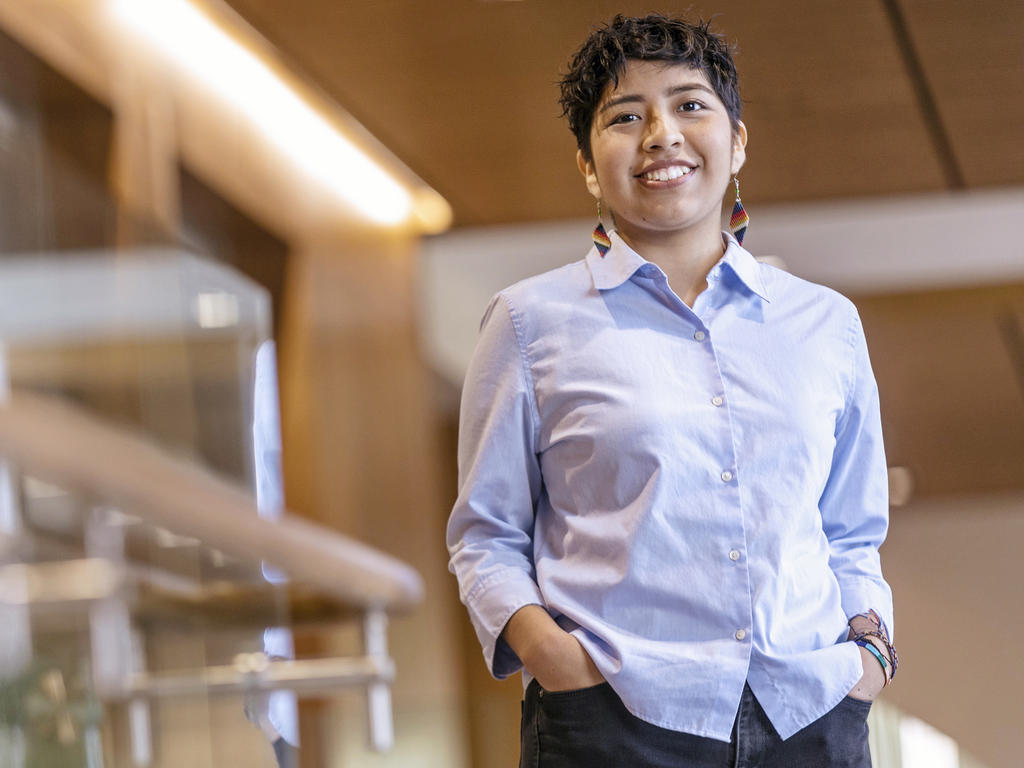
By Gaye Swan
“We want to have the greatest impact for positive change by offering exceptional opportunities for exceptional students,” says Dr. Charles Hughes, director of the Lynne and Henry Turley Memphis Center.
The goal for expanded research opportunities at the Lynne and Henry Turley Memphis Center is for students to build cohorts of thinkers with community partners and faculty.
Memphis Center Fellow Aylen Mercado ’19 is happy about the new opportunities. A Mellon Innovation Fellow in her first semester, she became familiar with the Memphis Center when she helped with an LGBT oral histories project. As a 2017 Memphis Center Fellow in the Arts, she developed an exhibition to challenge how people interact with art space – more specifically, gallery space. Her fellowship allowed her to collaborate with an exhibit in Rhodes’ Clough-Hanson Gallery,“Memphis Cartonera: Cooperative Publishing, Art, and Action,” itself a collaborative effort between the gallery, Dr. Elizabeth Pettinaroli of the Department of Modern Languages and Literatures, and the Memphis Cartonera fellows, speaking with students and visitors about the project. She also organized an event for the closing reception that brought in an Aztec dance group to perform to connect the indigenous language books featured in the exhibition to local activities. Mercado’s involvement with the Memphis Center has continued into 2018 with a Mellon Liberal Arts and Social Justice Fellowship.
Her years with the Memphis Center introduced her to many different conversations in research and academia. While she and her fellow students were helped by discussions with each other, they greatly benefitted from regular meetings with faculty, where both groups challenged one another to excel. With the newly expanded Turley Memphis Center, Mercado hopes to see more opportunities for students to work with faculty and more space for collaboration between Rhodes and the city of Memphis.
“As student researchers, we support the work of professors, their projects, and the courses they are developing,” she says. “I have explored the archival records in the Memphis Room and learned how to navigate historical online records. As an artist with a background in photography, I have documented historically significant sites in the city. The Memphis Center has opened me up to so many possibilities. I believe it can transform how we experience the liberal arts education.”
In the coming days, 10 students will be named as Turley Fellows, and they will take on a collaborative role with faculty to track the impact of the Center. They will consider metrics such as the percentage of students that stay in Memphis after graduation from Rhodes, the number of community partnerships formed since the Center’s expansion, the diversity of student and faculty participants, and the engagement of Memphians from a variety of neighborhoods. Fellows will also undertake individual projects connected to the primary areas of focus.
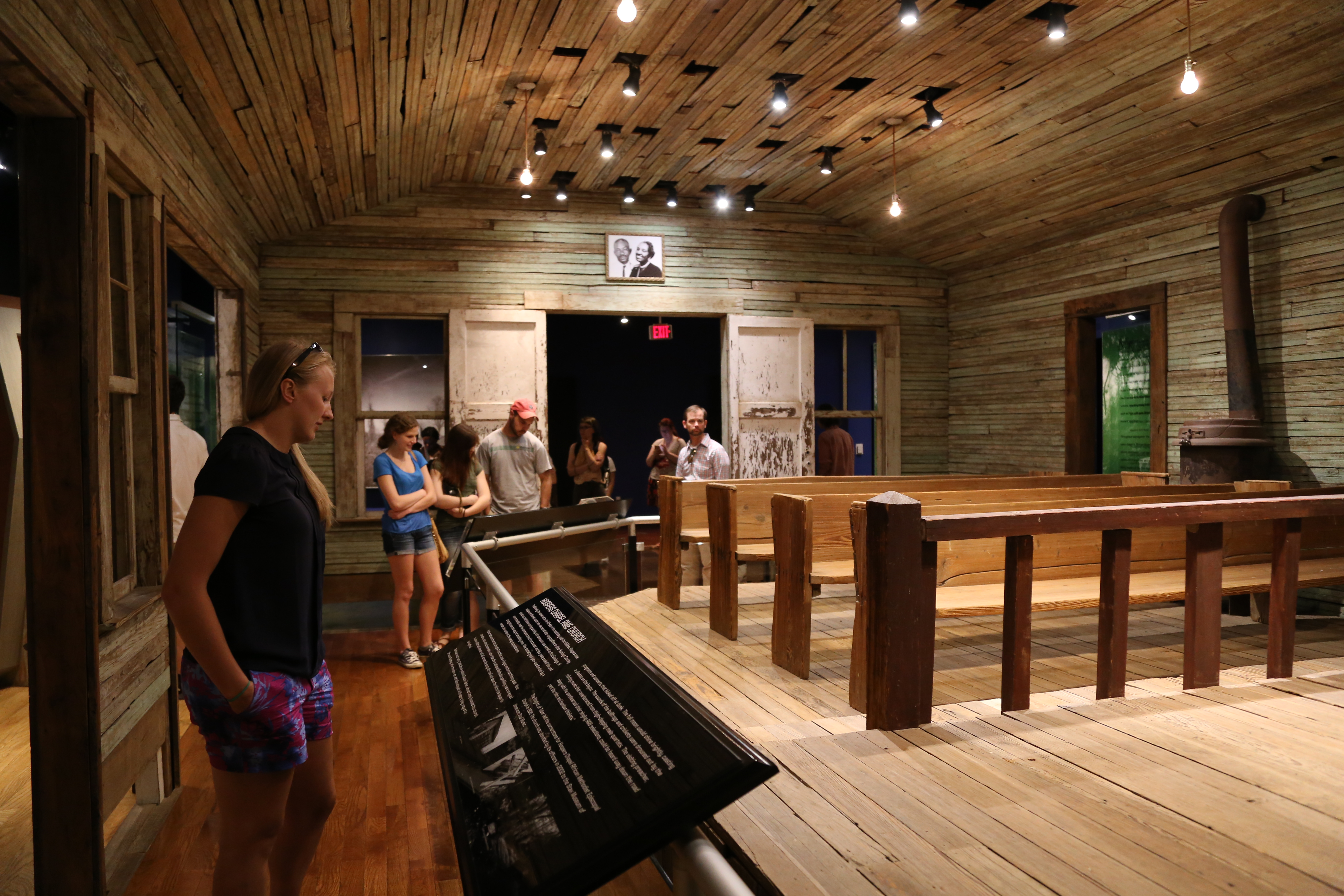
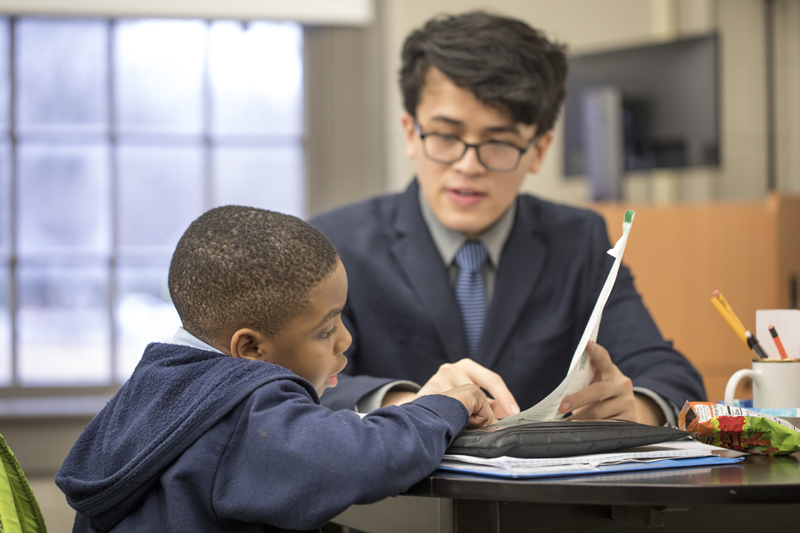
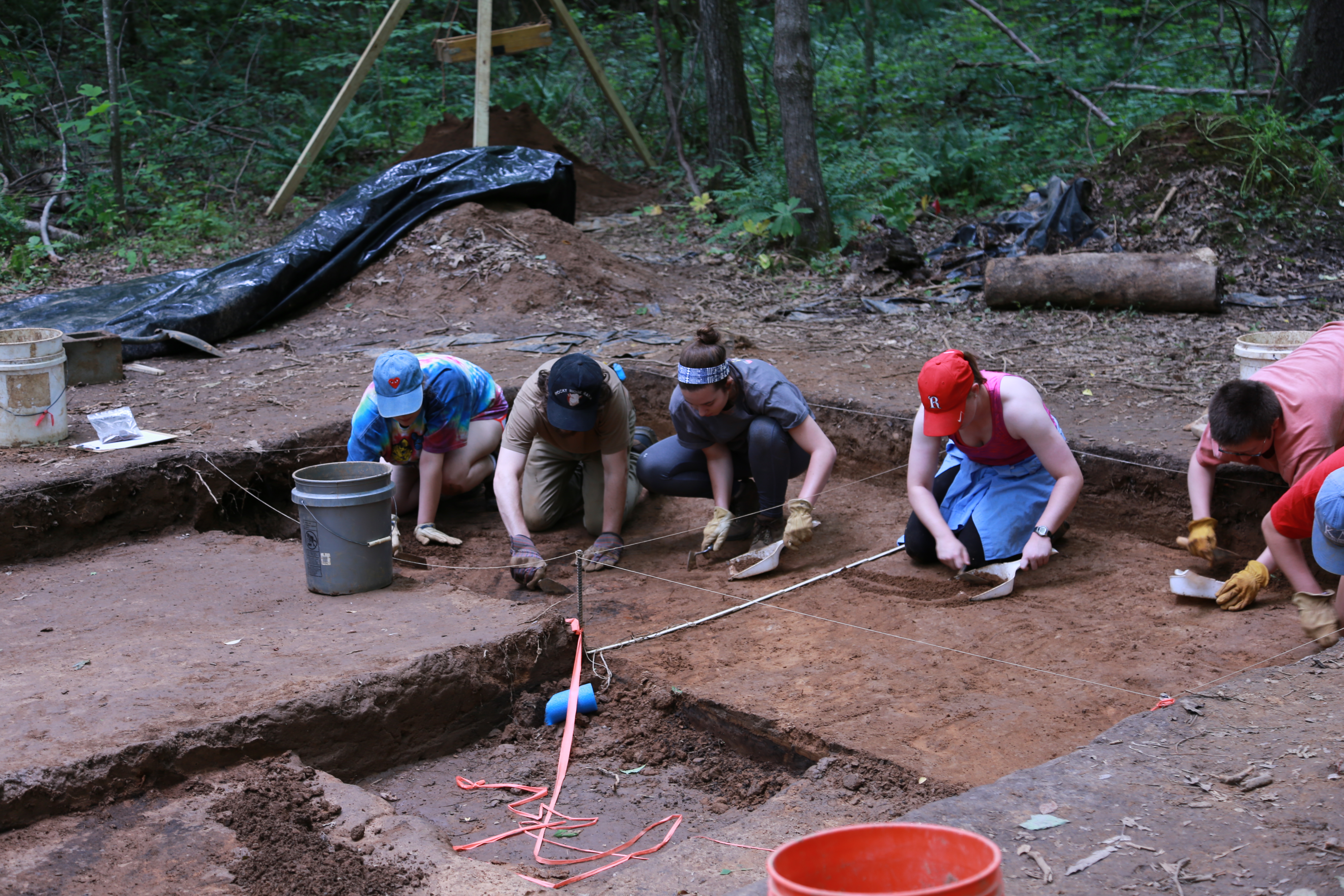
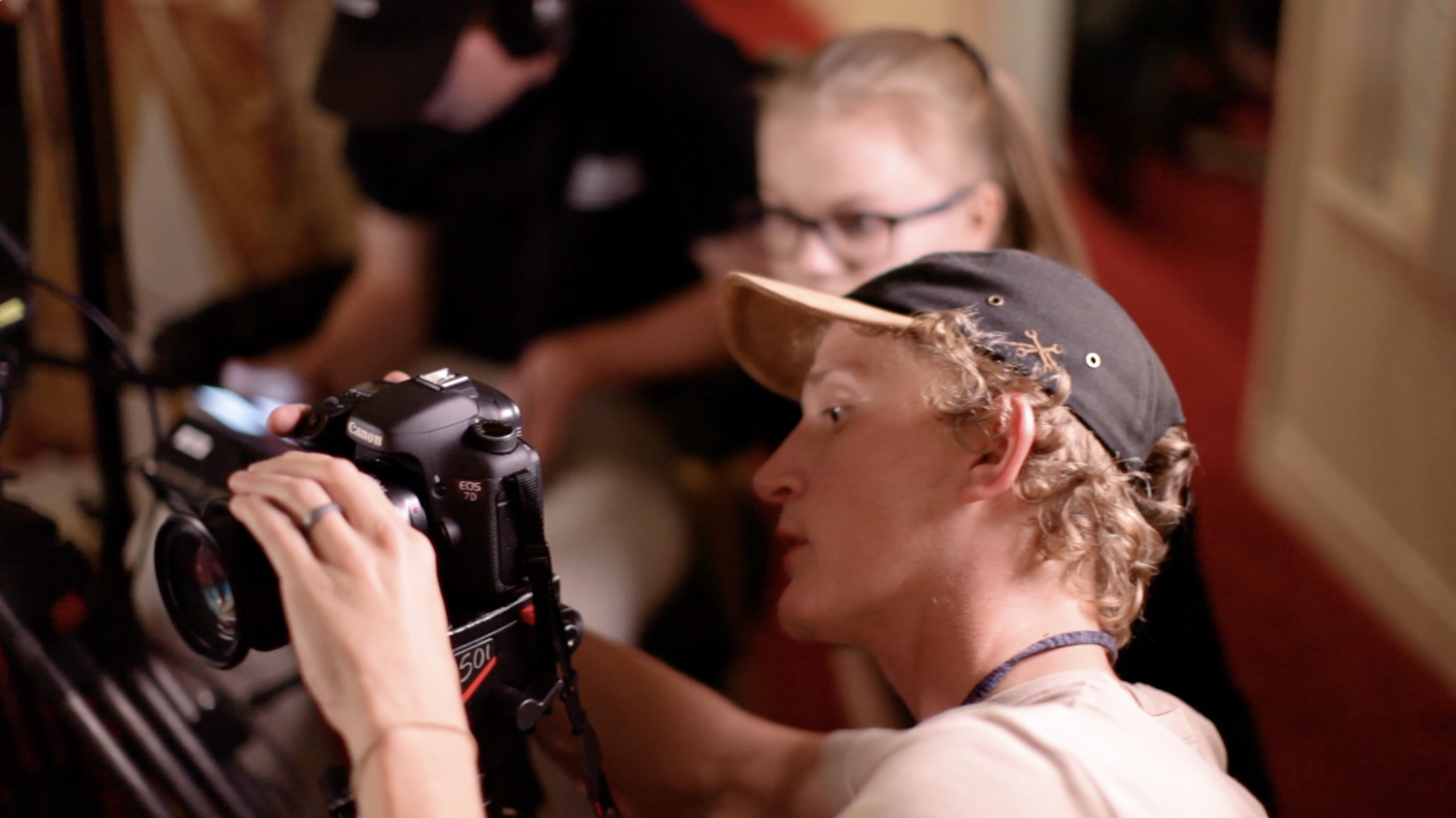
Programs and initiatives under the umbrella of the Turley Memphis Center include the Regional Institute for for Regional Studies, the Learning Corridor, the Rhodes Archaeological Field School, and the Mike Curb Institute for Music.